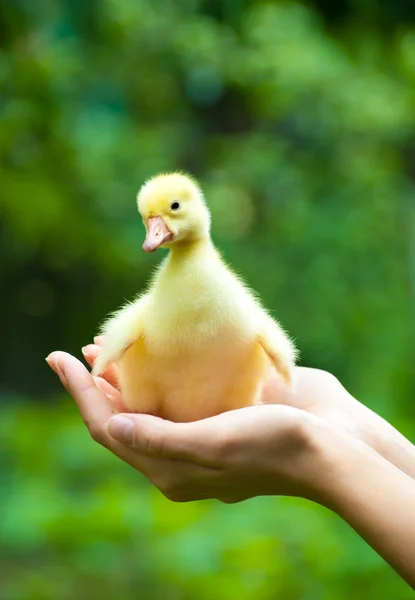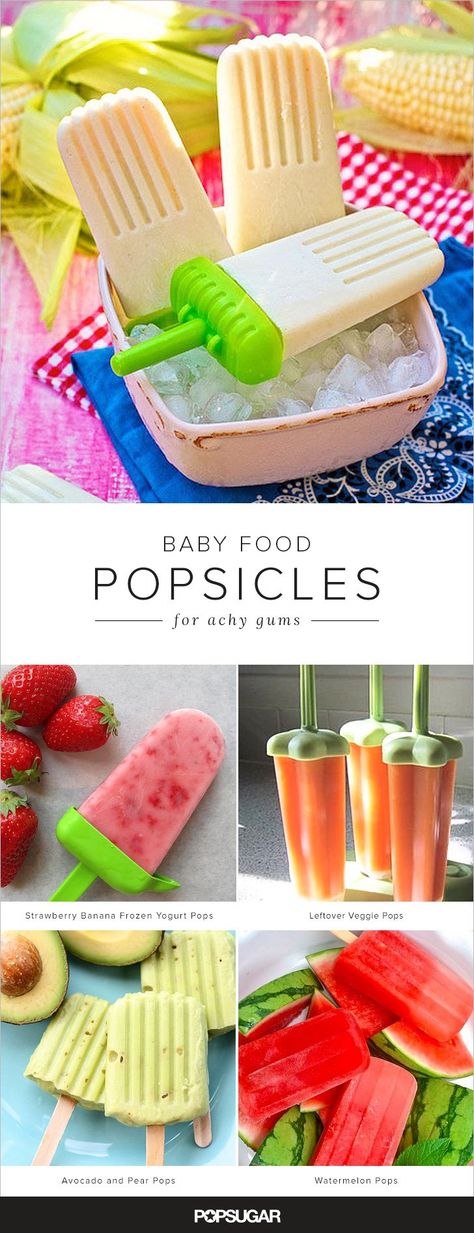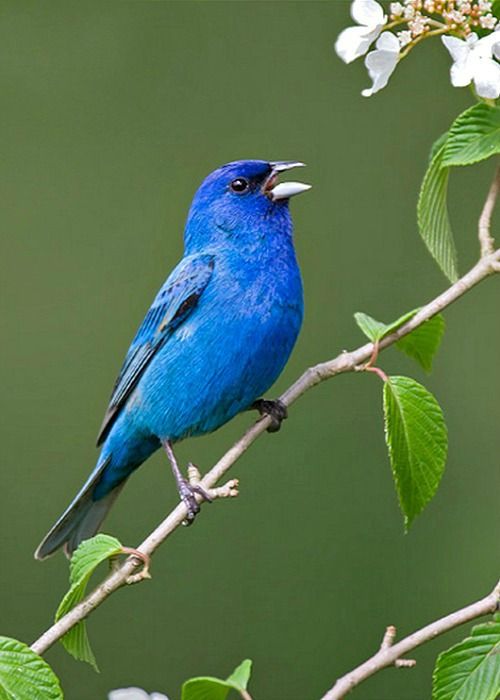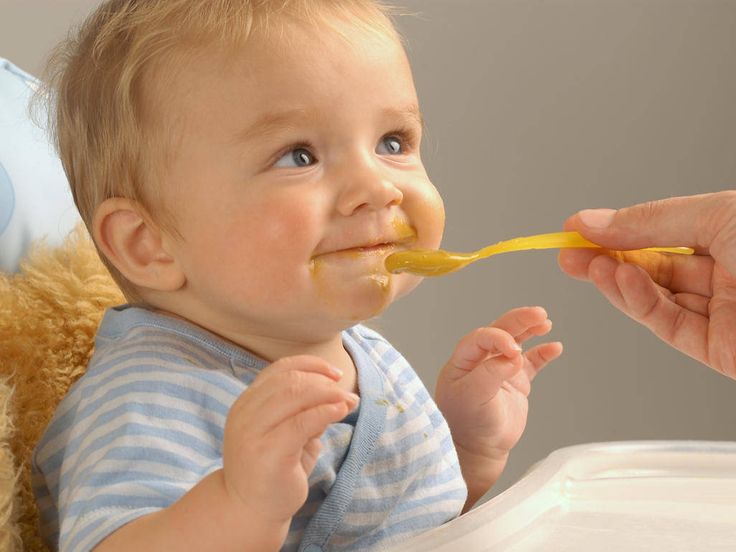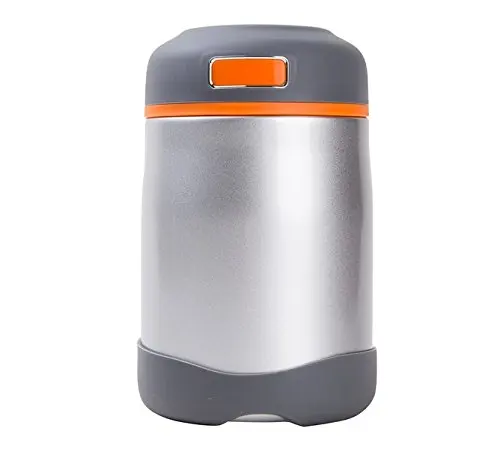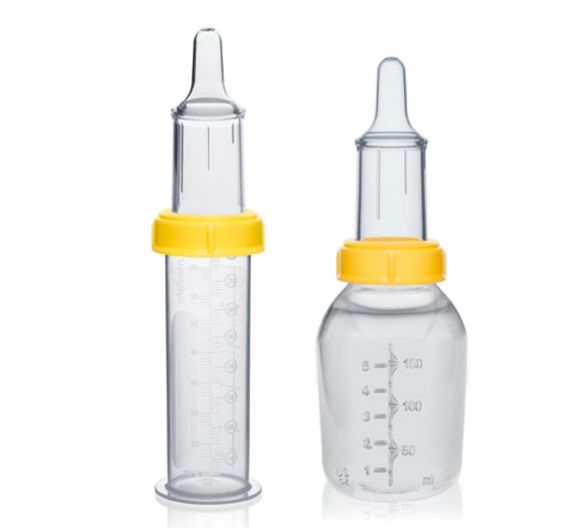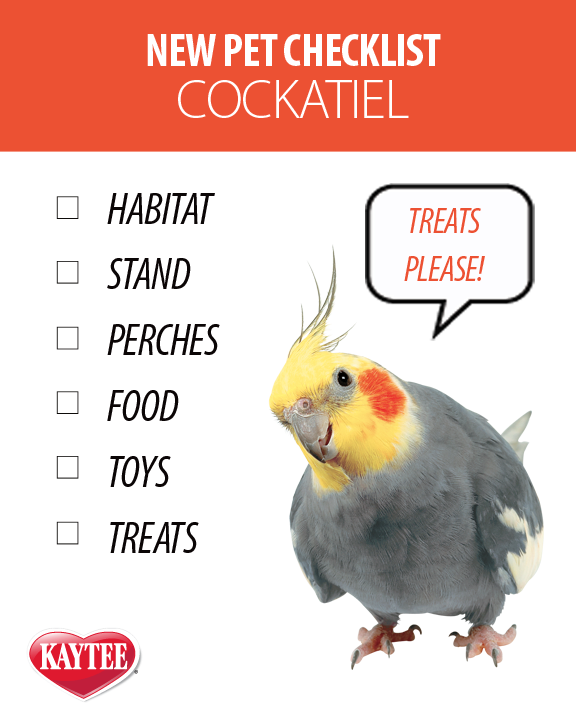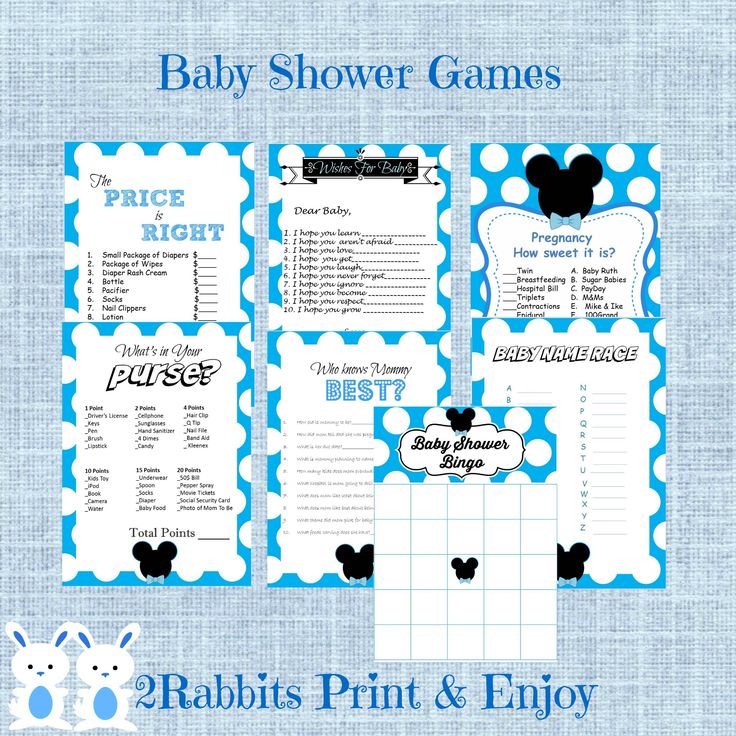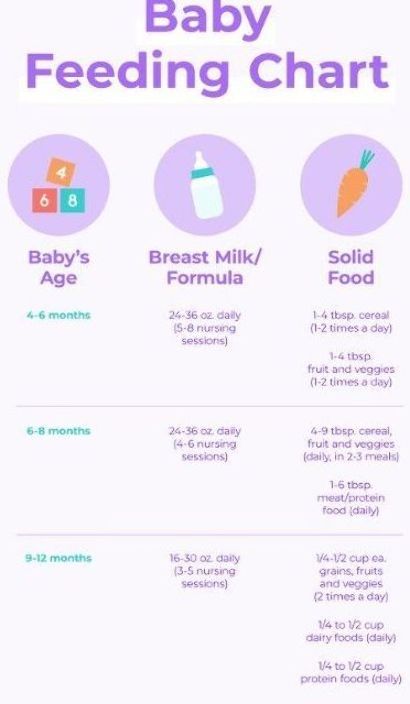What to feed baby ducks when they hatch
What to Feed Baby Ducks
This guide is about feeding ducklings, hatched at home in an incubator or under a broody hen. If you arrived here looking for information about feeding wild ducklings, please see How to Care For Wild Baby Ducks.
Before discussing what to feed ducklings, we need to take a step backwards to the day before a duckling hatches. The last thing a duckling does before hatching is to absorb the yolk sac from the egg. It is nature’s way of feeding ducklings to give them the strength to emerge from the shell and survive long enough for the other ducklings in the nest to hatch before the mother duck can take her brood off the nest to feed.
We have learned from Mother Nature that when we hatch ducklings using an incubator, they will not usually eat or drink for the first 24 to 36 hours, so there is no hurry to move them into the brooder. It can be detrimental to open the incubator’s lid during the hatch because it reduces the high humidity we need for our hatch when open.
Feeding ducklings
What to feed ducklings from day-old to 3 weeks
From day-old to three weeks, ducklings should be fed waterfowl starter crumbs or unmedicated chick crumbs. It is crucial to check that the chick starter crumb is unmedicated – some chick crumbs contain drugs to prevent coccidiosis. Ducklings will eat more than chicks, so overdose and get sick quite quickly. The first signs are usually ducklings going off their feet. Unless it’s rectified soon, they will usually die.
I use unmedicated Fancy Feeds Chick Crumbs, but whatever brand you choose, a quick check of the ingredients will usually highlight a medicated feed. Look for words such as “Coccidiostats” “ACS”
(Anti-Coccidiostats) or “Medicated” on the label.
Provide starter crumbs in a feeder on the floor of the brooder, the day they hatch. Don’t worry if they don’t show much interest at first; you probably won’t notice them feeding until the second day.
Ducklings can be allowed to eat as much as they want, so keep feeders topped up and allow free access. You only need starter crumbs for 3-4 weeks, so a 5Kg bag will usually be big enough to feed 10-15 ducklings.
You only need starter crumbs for 3-4 weeks, so a 5Kg bag will usually be big enough to feed 10-15 ducklings.
We should not keep ducklings on starter crumbs for long; they are too high in protein. At 3 weeks old (4 weeks for Call Ducks to handle the pellet size), start to wean them off crumbs, and gradually mix in waterfowl growers pellets over a week.
Again, if these aren’t available locally, you can use grower pellets formulated for chicks, but as with chick crumbs, you need to ensure they aren’t medicated.
What to feed ducklings in an emergency
If you run out of starter crumbs for some reason, you can feed hard-boiled, mashed eggs to ducklings. Although it’s only suitable as a temporary/emergency feed, they should do well on this diet. The egg yolk contains the most nutrients, so it is better to provide more egg yolk than the white if they are young or weak.
Feeding young ducks
What to feed baby ducks from 4 to 16 weeks
What to feed baby ducks at four weeks old? Well, your ducklings will now be eating growers pellets, but you can also provide chopped greens, dandelions and grass cuttings at this age.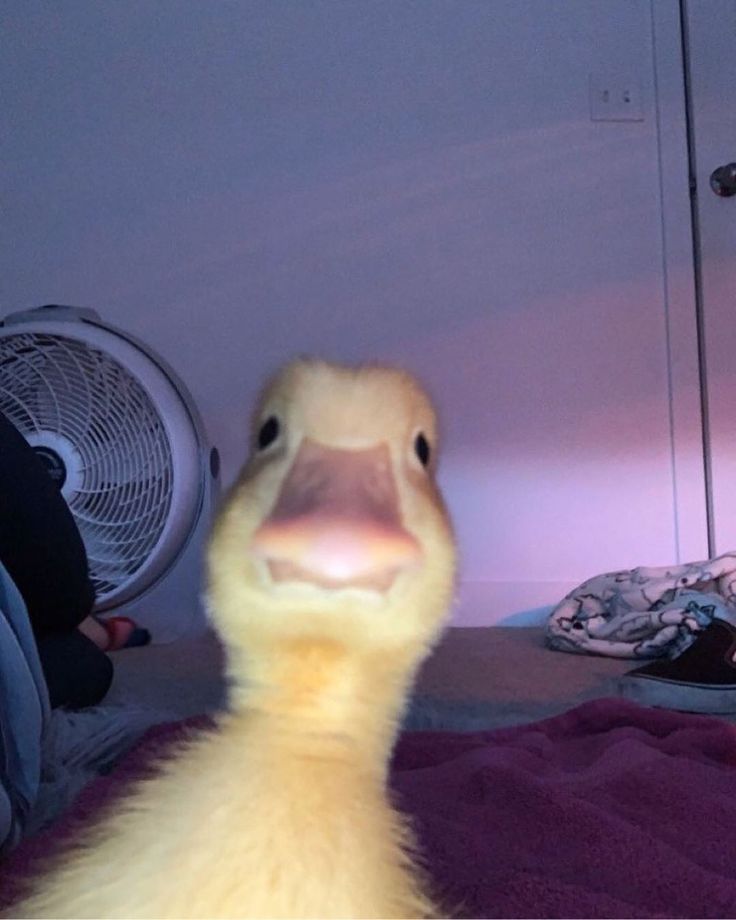
To digest these, they also need chick grit. Flit or insoluble grit comes in different sizes, and for it to be suitable for baby ducks, you need to make sure it is the smaller “chick grit”. They can have standard-size poultry grit when they reach sixteen weeks old, except for bantam sized ducks which can stay on chick grit because of their smaller size.
If the weather permits, we can move ducklings outside once they are five or six weeks old, where they can select their greens and will be able to soak up the sunlight, essential for growth and healthy bones. Remember they must be protected from rats and other predators and have a draught free house.
My young Sussex chickens check out the new ducklings that have just moved in to the next run.If their run isn’t covered, keep them in on wet days, so they don’t get wet and ensure their bedding stays dry.
Feeding ducklings is relatively straight-forward, providing you use a formulated complete feed and avoid medicated feeds.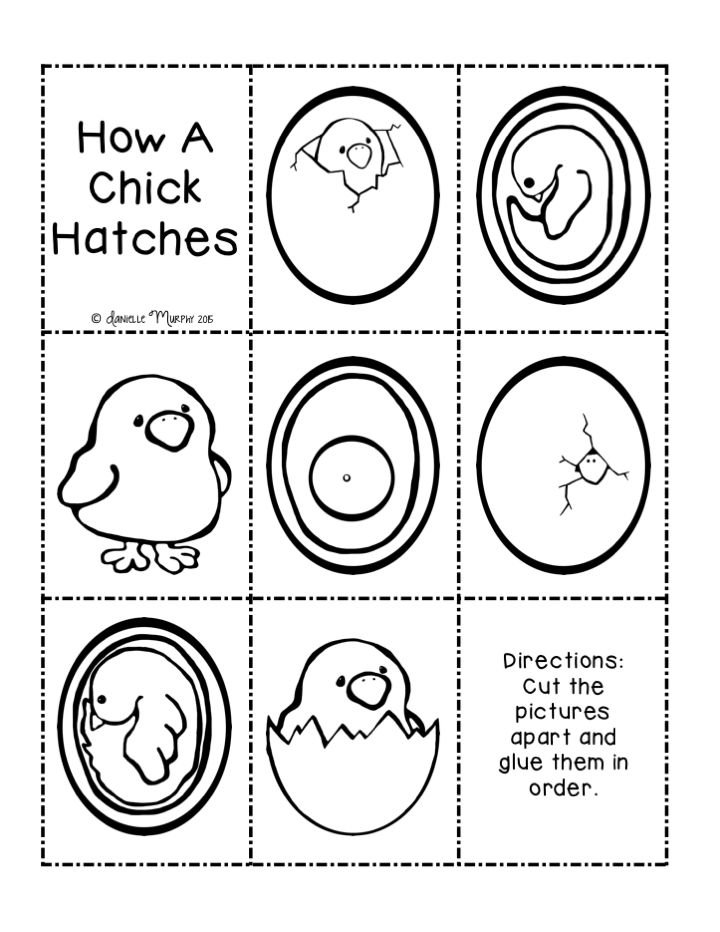 Before you know it, the weeks will pass, and your ducks will be adults when they can eat layers pellets.
Before you know it, the weeks will pass, and your ducks will be adults when they can eat layers pellets.
Good luck and as always, please feel free to leave me a comment below, especially if you have other ideas on what to feed ducklings.
Related Posts:
Equipment Reviews
Grandpa’s Feeders Review
Feeding chickens is a straight forward task and there are of course a number of different feeders available for the poultry
Read More »
Equipment Reviews
BEC Feeders Review
I took delivery of a large box of feeders from the manufacturer BEC and have been testing them for the
Read More »
Keeping Ducks
Are Ducks Noisy?
Before getting some ducks for the back garden, many people ask the question “are ducks noisy?” Many of us have neighbours to consider, and just like a crowing cockerel can be a problem, some ducks can make quite a bit of noise.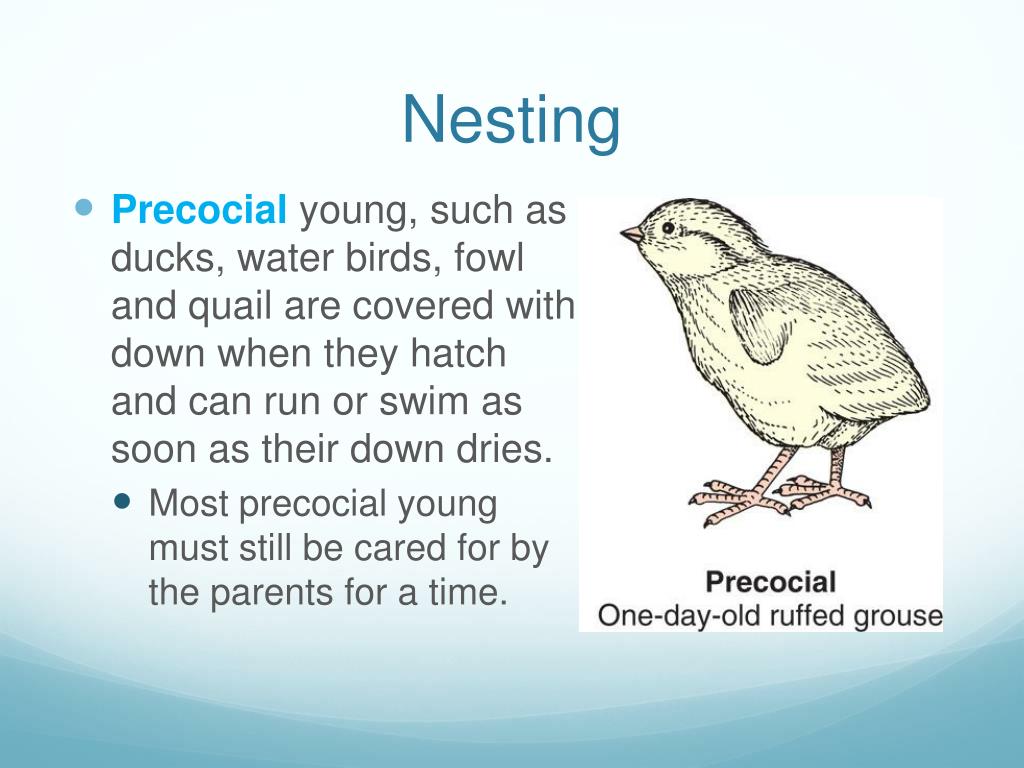
Read More »
Grandpa’s Feeders Review
Feeding chickens is a straight forward task and there are of course a number of different feeders available for the poultry
Read More »
BEC Feeders Review
I took delivery of a large box of feeders from the manufacturer BEC and have been testing them for the
Read More »
What Drake To Duck Ratio?
What duck to drake ratio can you have in a flock of ducks so that there aren’t too many squabbles amongst drakes or too much ‘attention’ given to the ducks during the breeding season?
Read More »
On this page:
You might also enjoy:
What Do Ducklings Eat? 13 Foods for Baby Ducks
More Great Content:
↓ Continue Reading To See This Amazing Video
Key Points- Ducklings are omnivores and opportunistic eaters.
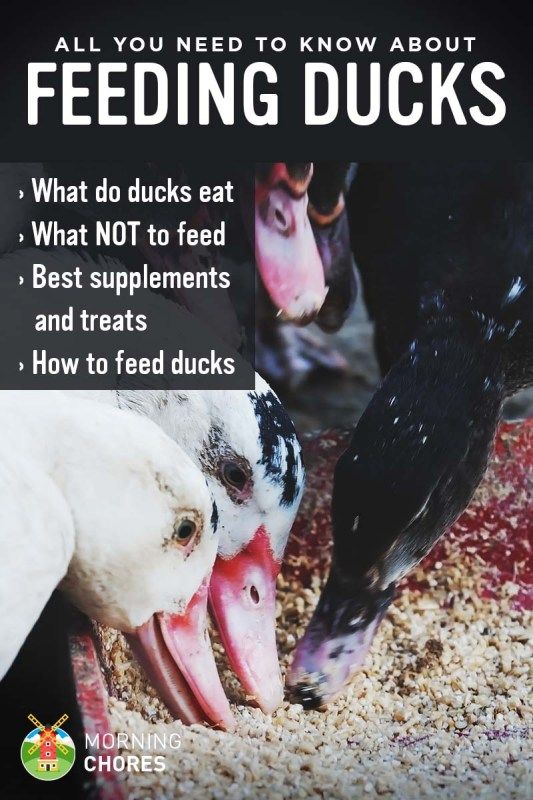
- They have a survival rate of 10% – 70%.
- Their most common predators include raccoons and hawks.
Adorable and fuzzy, ducklings eat a slightly different diet than grown ducks. What they eat helps them grow into strong swimmers, capable flyers, and the chatty birds we know and love.
So, what do ducklings eat?
Ducklings eat insects, plants, algae, and worms.
Wild baby ducks eat differently from pet ducklings as well.
But how much does a duckling need to eat in order to become a fully fledged adult? And what is best to feed your new pet duckling, should you have one? Let’s learn about this adorable bird now.
What Does a Duckling Eat?
Ducklings can eat a wide range of foods including algae, birdseed, bugs, nuts, and small fish©shaftinaction/Shutterstock.com
A duckling eats a variety of bugs, including worms and beetles, plant matter, algae, and more. They are considered omnivores and opportunistic eaters, which is why the ducklings in your local park aren’t shy about taking your bread or other bird food!
According to The Wilson Bulletin, the beak structure and overall width of their mouth can affect what a baby duck can eat. Depending on the species, they have the ability to strain food from plants or peck food from the water.
Depending on the species, they have the ability to strain food from plants or peck food from the water.
A duckling’s diet changes as the bird ages. Their diets expand and become more omnivorous, depending on the species and the available regional food. Let’s take a look at what a duckling eats on a more in-depth level.
A Complete List of 13 Foods Ducklings Eat
Ducklings have been known to eat the following foods:
- Worms
- Bugs
- Invertebrates
- Algae
- Grass
- Plant matter
- Small fish
- Cracked corn
- Oats
- Barley
- Mixed greens
- Birdseed
- Nuts
Ducklings should be fed a diet of mealworms and plant matter at an early age, though grasses tend to make baby ducks bloat. Wild ducks tend to stick to whatever bugs they find, and they will eat food that is fed to them by park visitors or guests.
Bread has been long regarded as a bad thing to feed wild birds. Molding bread can be fatal to baby ducks, and the lack of nutritional value in processed bread can damage a duckling’s ability to grow.
Keep in mind that a duckling’s food source changes as it ages. Even after as little as four weeks, a duckling can shift to eating more bugs or grain meal should you be keeping ducks as pets.
Ducklings eat larger quantities as they age while younger ducklings dive less frequently and may be at risk of predation, as a result©Matias Gauthier/Shutterstock.com
How Much Does a Duckling Eat?
A duckling eats around ¼ pound of food per day. It will depend on the age of the duckling and the food available, as ducklings are keen eaters. They free graze as young birds, and require even more food as they age.
It is important to stick to this amount of food if you are raising ducks from a young age. While ducklings free graze for the first 4-5 weeks of their lives, you should be sure to stick to a certain amount of food once they age a bit more.
A study performed by Waterbirds: The International Journal of Waterbird Biology states that younger ducklings dive for food much less often than older ducklings.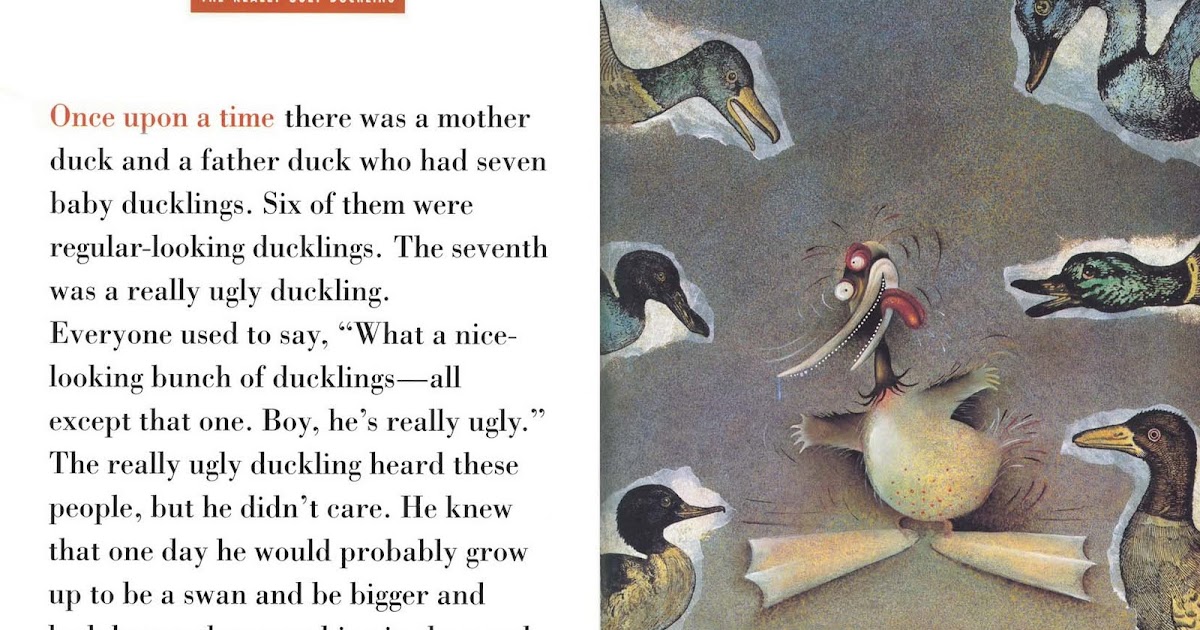 This usually leads to an uneven feeding in very young ducklings, and can even put them at risk of predation.
This usually leads to an uneven feeding in very young ducklings, and can even put them at risk of predation.
As ducklings age, they begin to behave more like adult ducks- diving for bugs or water invertebrates is less of a problem for them, and therefore they eat in larger quantities. A 0-5 week old duckling is most at risk, between its many predators and its inability to dive for food.
Speaking of predators, let’s take a look at some animals that are a risk to ducklings… There are quite a few.
What Eats Ducklings? Their Main Predators
Predators like foxes, raccoons, and hawks eat ducklings.©Jody Ann/Shutterstock.com
Now you know the answer to the question, “what do ducks eat, when they’re newly hatched?”, it’s time to take a look at what eats them too.
Ducklings have many predators that will eat them, including cats, foxes, and large fish. The following predators will eat ducklings:
- Feral cats
- Foxes
- Large fish
- Snakes
- Bullfrogs
- Snapping turtles
- Raccoons
- Hawks
- Owls
- Crows
According to Ducks Limited, a duckling is unable to fly until it is at least 50 days old, making this period of time the most dangerous for them. Their potential survival rate lies between 10% to 70%.
Their potential survival rate lies between 10% to 70%.
Their survival rate depends on many factors, including their location and the size of their brood. However, ducklings are indeed easy prey, especially considering their inability to escape or fly away!
What to Feed Ducklings as aPet
Ducklings eat birdseed, pellets, mealworms, and fruit.©Santirat Praeknokkaew/Shutterstock.com
You can feed ducklings a variety of things when keeping them as pets:
- Birdseed
- Duck pellets
- Chicken feed
- Mealworms
- Vegetable scraps
- Fresh lettuce and mixed greens
- Cracked corn
- Barley
- Oats
- Fresh fruit
Always be sure to only feed your ducklings a certain amount of food per day, and be sure to get rid of any food leftover after a 12 hour period to avoid feeding your duckling contaminated food.
Ducklings love oats, barley, and cracked corn as a treat, though be sure not to feed them too many grains when they are young.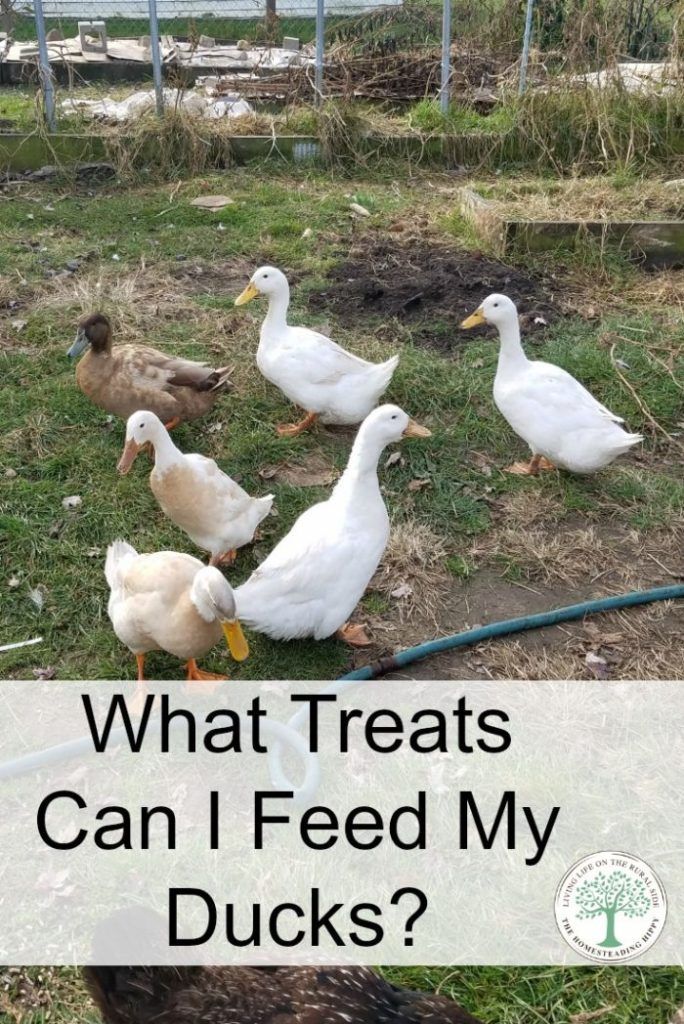 There is specific duckling feed that you can buy from pet stores and hardware stores in order to keep them healthy.
There is specific duckling feed that you can buy from pet stores and hardware stores in order to keep them healthy.
Moistening any food that you give a baby duck is a necessary part of the process. Ducklings don’t have teeth or any real way of chewing, and they instinctively prefer to peck and strain food from sources of water.
Speaking of water, having an ample amount of water available to baby ducks is key to their survival. Not only do they require it as swimmers and waterfowl, but they need to be consuming a large amount of water per day in order to survive.
Ducklings are fairly easy to care for as pets, though be sure to avoid placing any pebbles or rocks in their enclosures, as they can easily swallow these and get ill. As they age, ducklings will become easier to care for, and they will eat just about anything you choose to feed them!
Up Next:
- Hawk Predators: What Eats Hawks?
- Top 9 Largest Eagles in the World
- Tiny Crab Nearly Drowns a Large Bald Eagle in Impressive Fight
How to feed ducklings to gain weight: my experience
How to feed ducklings so that they grow well and quickly gain weight, I share my experience of feeding at home.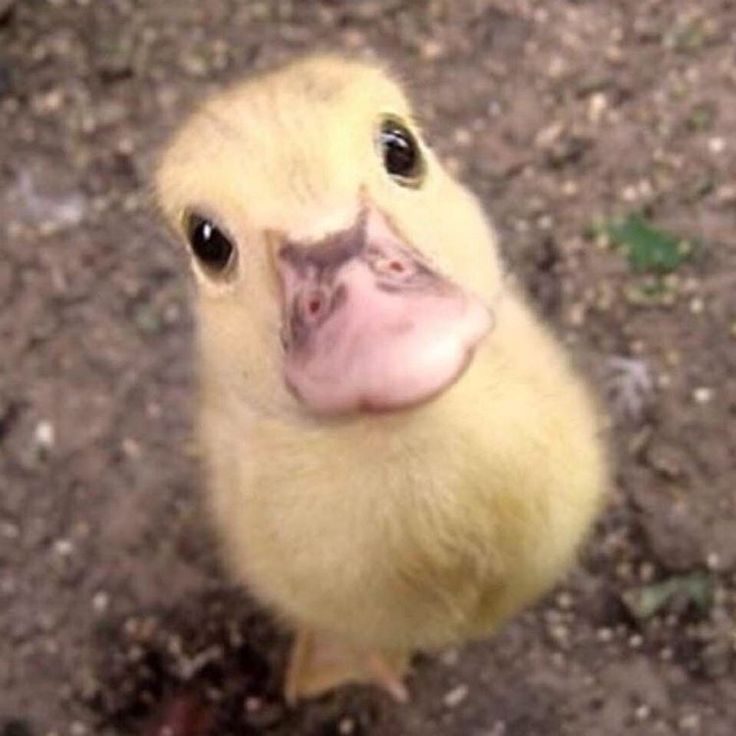
Feeding ducklings is slightly different from feeding the same chickens, ducklings can quickly gain weight due to green fodder, which significantly reduces the cost of purchasing compound feed and grain for poultry. In this article I will tell you how to properly feed ducklings so that they gain weight well.
Feeding day old ducklings in the first days of life.
Immediately after the ducklings hatch from their eggs, they need to dry off on a warm heating pad. The ducklings are placed in a cardboard box in which there is a heating pad and bedding; on a warm heating pad, the navels of the ducklings heal well, which is very important.
On the first day, ducklings rest and gain strength, during the first day of life they do not need food yet, they still have a supply of nutrients in their bodies.
On the first day, the ducklings already need to put a drinker with boiled water and teach them to drink water. To do this, you can tilt the ducklings with their beaks into the water so that they learn to drink it.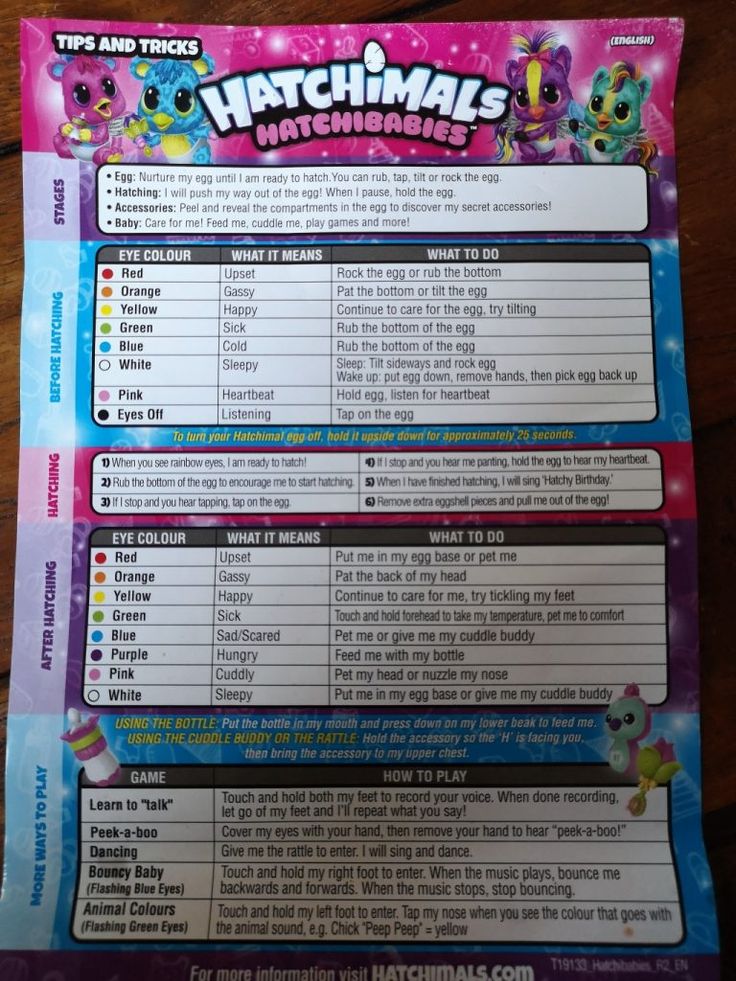 You can give the ducklings water through a pipette.
You can give the ducklings water through a pipette.
It is important that the ducklings cannot climb into the drinker with their paws, otherwise they will get wet, and hypothermia is extremely dangerous for ducklings at this age. A drinking bowl can be made from a nylon lid from a glass jar, in the center of the inverted lid we put an inverted glass cup filled with water.
What to feed ducklings in the first days? The first food for daily ducklings will be millet and a finely chopped boiled egg, any chicken and duck eggs will do.
Tip! The boiled egg must be crushed very finely, if a large piece of duckling comes across, it can choke on it.
In order for ducklings to learn to eat food, you can take millet in your palm and roll it by bringing your palm to the beaks, ducklings see moving grains of millet and start pecking at it. It is important to simply show the ducklings that this is food, give it a taste, after which they themselves will find the grains on the litter and peck at them.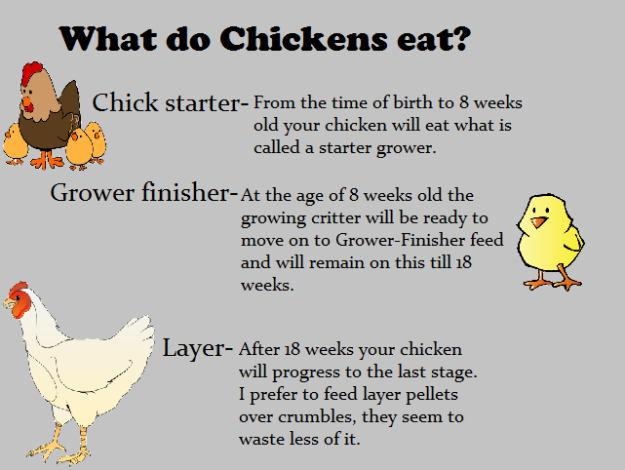 At this age, food should be constantly in the feeders.
At this age, food should be constantly in the feeders.
Starting from the third day, ducklings can already be fed finely chopped greens, ducklings are very fond of and willingly eat knotweed, alfalfa, clover, onion greens, young nettles. Greens must first be washed well.
How to feed week-old ducklings.
Ducklings at a week old are already actively eating food and the main food for them will already be compound feed, you can make compound feed for ducklings yourself from turf. Contain week ducklings in a brooder.
To do this, you need to finely grind corn and wheat grains in a grist, mix and give to ducklings in the form of wet mash.
Tip! Wet mash quickly begin to sour and deteriorate, so knead so much mash that the ducklings eat it right away.
Ducklings should be fed at least 6 times a day.
Do not forget about the prevention of gastrointestinal diseases, add a little potassium permanganate to the water a couple of times a week so that the consistency is slightly pink.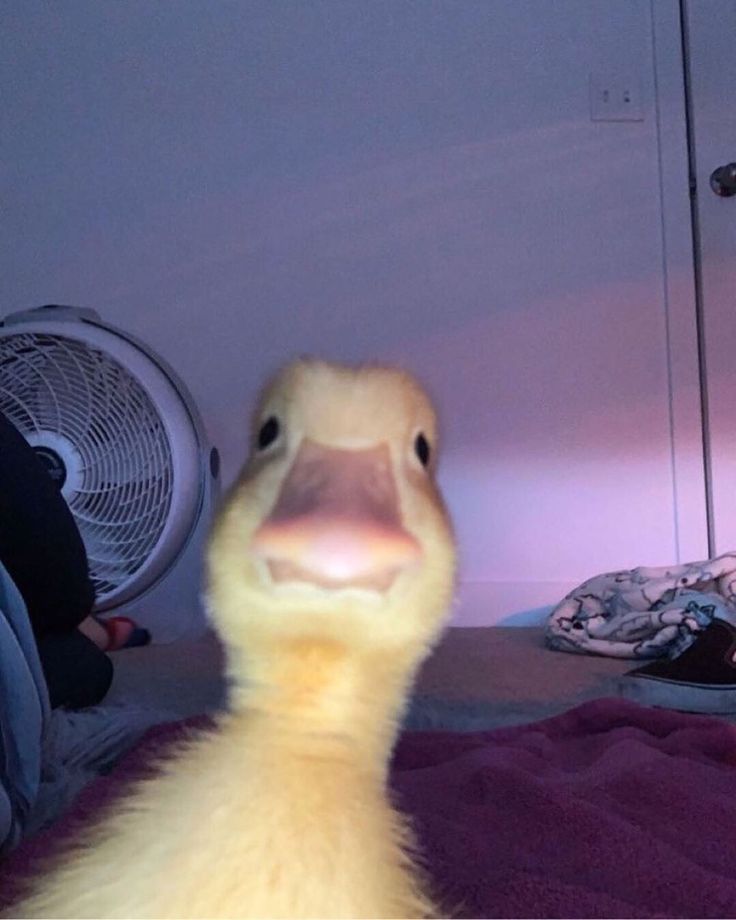
From a week old ducklings can already be pastured on the grass, for this you can build an aviary and put it on the young grass. If this is not possible, then you can simply pick the herbs and put them to the ducklings, they can already peck it on their own.
To improve digestion, ducklings need to put a feeder with crushed chalk, crushed eggshells and fine gravel.
Feeding one month old ducklings.
Ducklings at the age of one month already need more green fodder, at this age ducklings need to be kept on grazing, they graze well and gain weight.
For good growth and development, ducklings need a body of water or a container of water where the ducklings can bathe. I always feed ducklings fresh duckweed, this is an excellent source of vitamins, duckweed contains many microorganisms that serve as a source of protein for ducklings.
I put the duckweed in a pond and the ducklings swim all day and catch duckweed and other algae.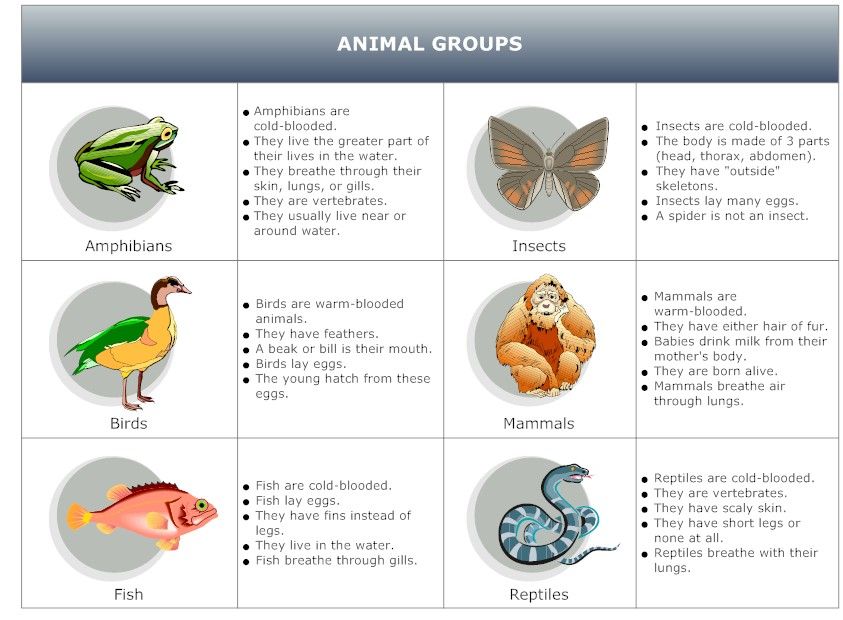
But of course, one green food will not be enough, you also need to feed the ducklings with wet mash, I add grated zucchini to the mash, the ducklings willingly eat such food and grow well. Duckweed can also be added to mash, ducklings eat such food well.
Table of feeding rations for ducklings by age.
During the summer period, the ducklings gain very good weight and by the fall you will have adult well-fed ducks. Thanks to plant foods, duck meat is not fatty, more dietary and juicy.
I recommend watching a video on how to make food for ducklings.
Another video about feeding ducklings.
How to feed ducklings in the first days of life at home
Feeding ducklings is somewhat different from feeding the rest of your own birds. This is due to the rapid metabolism of ducklings. Accordingly, the food is absorbed almost instantly, and the kids begin to demand a new portion. Consider what to feed the ducklings after they were born, and how to organize food in the future in order to raise a large bird.
This is due to the rapid metabolism of ducklings. Accordingly, the food is absorbed almost instantly, and the kids begin to demand a new portion. Consider what to feed the ducklings after they were born, and how to organize food in the future in order to raise a large bird.
How to feed ducklings in the first days of life
Article content:
- 1 How to feed ducklings from the first days of life
- 2 Feeding week-old ducklings
- 3 Feeding ducklings at 2 weeks
- 4 Feeding ducklings at 2 weeks
- 4
- 5 Fattening in the absence of a reservoir
- 6 Fattening near a reservoir
- 7 This is important
- 8 Do-it-yourself compound feed
- 8.1 Starter compound feed
- 8.2 Compound feed for newborns
- 8.3 Compound feed for two week old ducklings
- 8.4 Feed for monthly ducklings
- 9 Conclusion
What to feed ducklings from the first days of life
Immediately after birth, ducklings may not eat. This is due to the fact that, while in the egg, they receive more nutrients than they need, so that during the first day the lack of food will not bother them. But this does not mean at all that newborn chicks should not be given food. For the first few days, ducklings are fed hard-boiled eggs. Before giving eggs to newborns, they need to be cooled and finely chopped or chopped in a meat grinder.
This is due to the fact that, while in the egg, they receive more nutrients than they need, so that during the first day the lack of food will not bother them. But this does not mean at all that newborn chicks should not be given food. For the first few days, ducklings are fed hard-boiled eggs. Before giving eggs to newborns, they need to be cooled and finely chopped or chopped in a meat grinder.
If newborn ducklings do not want to eat from a bowl, you can put crushed eggs on their backs. Since in nature ducklings eat food that moves, this technique almost always works. It is in the blood of these birds to collect leftover food from the backs of their comrades, but gradually pets should be taught to eat from plates in specially designated places.
Starting from the third day, low-fat or low-fat cottage cheese and dairy products are added to the diet. Feeding during the first seven days of life occurs every 2-3 hours.
It turns out that ducklings eat at least 6 times a day.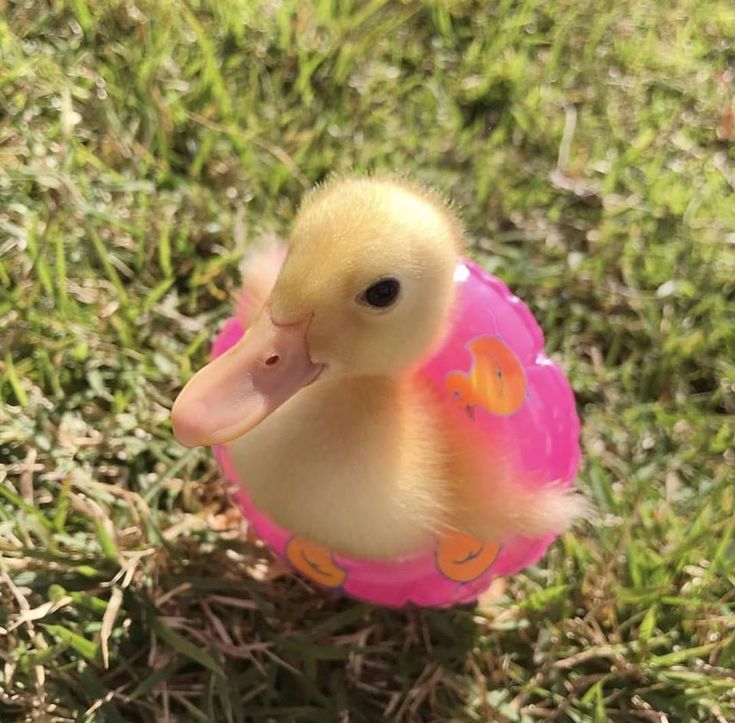 By the end of the first week, the diet is enriched with chopped nettles or any other herbs (alfalfa, herbs, excluding poisonous herbs, clover). You can make a mash from finely chopped grass, eggs and cottage cheese.
By the end of the first week, the diet is enriched with chopped nettles or any other herbs (alfalfa, herbs, excluding poisonous herbs, clover). You can make a mash from finely chopped grass, eggs and cottage cheese.
As far as drinking is concerned, things are quite different from eating. Ducklings should have clean water from the first minute of their life. In the first day, the likelihood of dehydration is high. To prevent this, the chicks are given water through a pipette. It is advisable to add a small amount of potassium permanganate to the water. The resulting solution should be weak. From the moment when the chicks begin to drink from a plate, replace the water daily.
Feeding week-old ducklings
At the beginning of the second week, cereals can be added to the diet. Ducklings are happy to eat any grain. But, no matter what grain you choose, it must first be ground to a state of flour. Barley, millet, wheat, oats and sorghum should be included in the menu.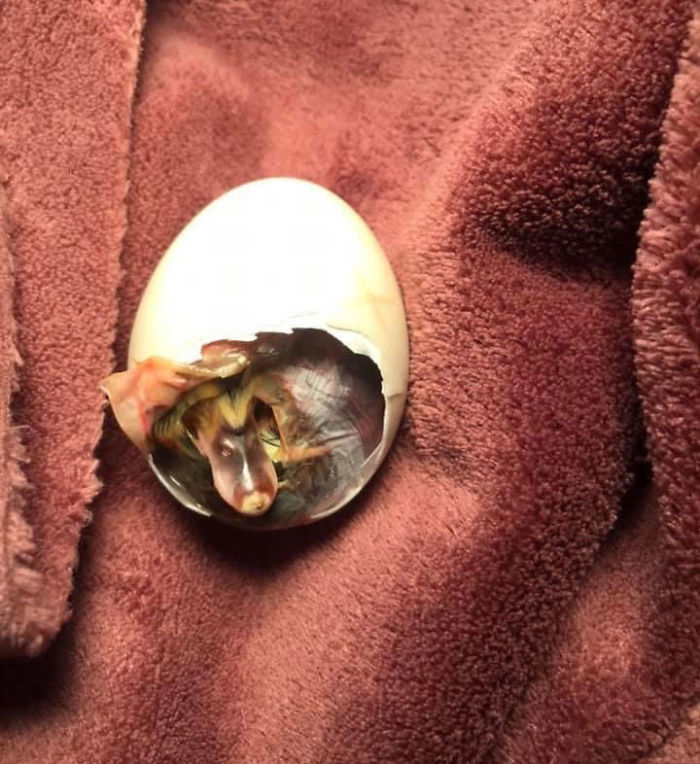 Also add cornmeal to the diet. Before preparing the mash, sift the flour in order to remove the shells of the grains. It is strictly forbidden to give them to chicks. Not only are they not absorbed, they can also cause the death of young animals. The daily norm of grain crops per duckling is 20 g. Eggs, as soon as the 11th day expires, are excluded from the diet.
Also add cornmeal to the diet. Before preparing the mash, sift the flour in order to remove the shells of the grains. It is strictly forbidden to give them to chicks. Not only are they not absorbed, they can also cause the death of young animals. The daily norm of grain crops per duckling is 20 g. Eggs, as soon as the 11th day expires, are excluded from the diet.
Increase the amount of greenery during this period. From it, the chicks get all the vitamins necessary for the body. The daily norm of greens for one duckling is 30 g. If the weather permits, then the chicks at this age can already be released outside, but the wards must be constantly monitored, even if they are walking with their mother. It is best to place them in an aviary, from which they definitely will not go anywhere. The most useful is the young nettle. She should be given a key place in the diet.
Also during this period, you can release the chicks to open water, but they should only walk with the duck mother, and someone must watch the whole family.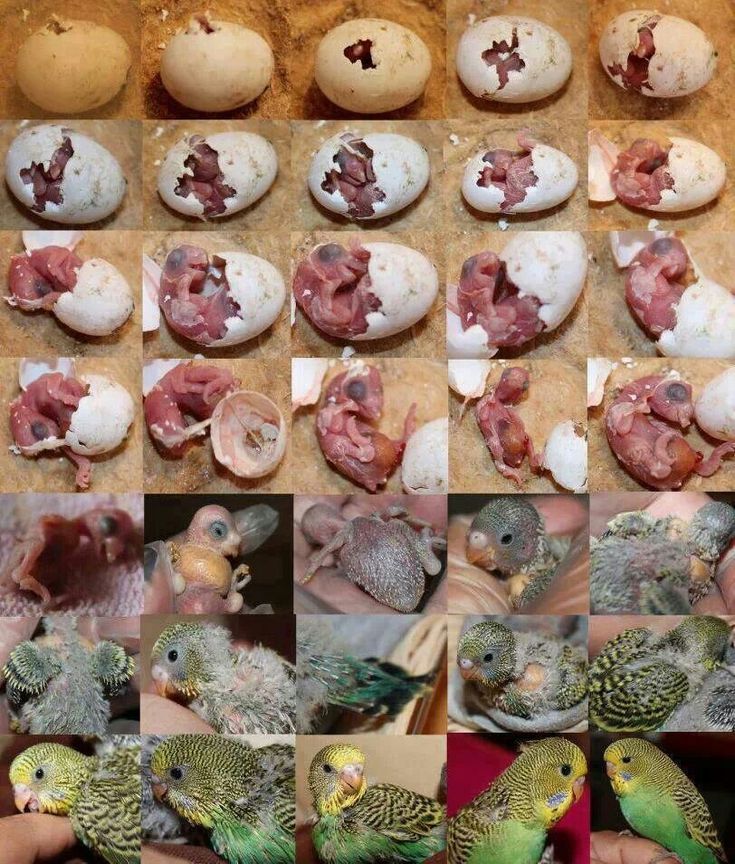 Ducks are not particularly good at keeping their offspring. They may forget chicks that have gone too far, so they should be constantly supervised at first. As soon as the chicks began to walk on their own on the street, the number of meals is reduced to 2.
Ducks are not particularly good at keeping their offspring. They may forget chicks that have gone too far, so they should be constantly supervised at first. As soon as the chicks began to walk on their own on the street, the number of meals is reduced to 2.
Feeding ducklings at 2 weeks
In order for a friendly bird to be in good health and gain weight well, its diet must be varied. Most often, the basis of the diet is feed. It can be purchased at the store, or you can cook it yourself. We will talk about how to prepare compound feed for ducklings at home a little later. Cottage cheese or any other dairy products (whey, yogurt) that ducks of any age love are added to the feed.
In addition to cereals or mixed fodder, any root crops are added to the mash, after washing them and chopping them. Be sure to include zucchini, cabbage, potatoes (pre-boiled until cooked), carrots, pumpkin in the diet. We feed the birds with mash 3 times a day. A favorite dish of ducks is germinated grain.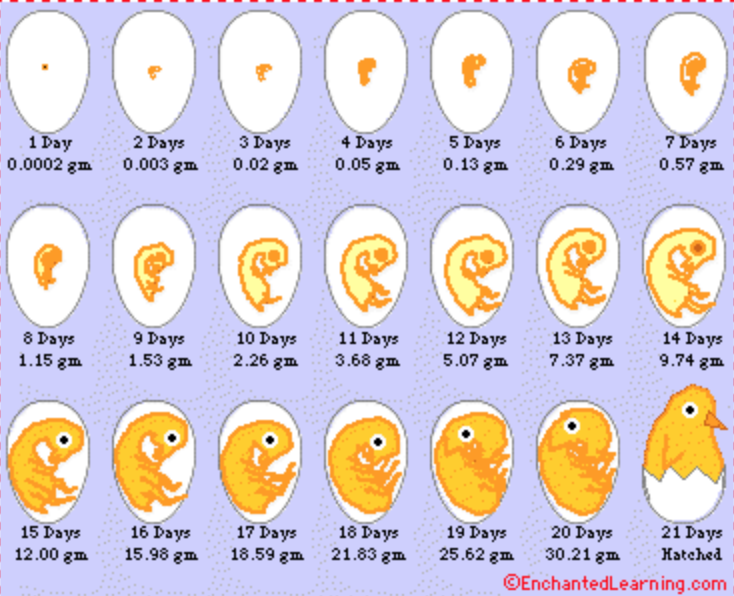 It is advisable to give such a delicacy for dinner.
It is advisable to give such a delicacy for dinner.
If we talk about ducklings, whose age has reached two months, then 300 g of feed should fall on one individual per day. The daily norm is largely regulated by the variety of poultry and the purpose of its cultivation. If eggs are needed, then birds should not be allowed to become obese, so they should be fed sparingly. If the goal is to obtain meat, then nutrition should be given special attention already in the first weeks of life.
Feeding ducks to get the maximum amount of meat
Let's figure out how to feed little ducklings so that they turn into plump ducks. On sale there are ready-made feeds that are intended for feeding ducklings at home from the first day of life. They are available in the form of granules or dry mix. If we are talking about dry food, then it should be in the feeders around the clock. As for the mash, which is wet food, it should not be left in bowls for a long time. In this case, during the first week they give the ducklings food 8 times, during the second - 6, during 3 and 4 - 5 times.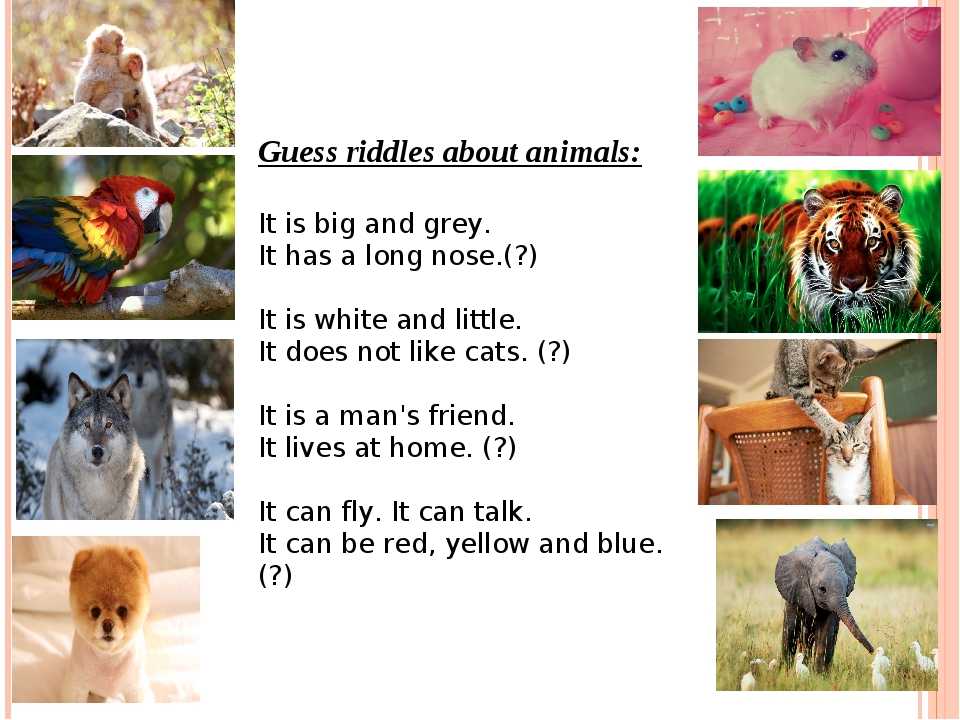 Feed the wards at regular intervals.
Feed the wards at regular intervals.
Starting from the 3rd day, give small chicks food that is mixed with curdled milk. But you need to make sure that such a mash is not sticky, otherwise the food will stick to the beak, which will cause discomfort and a decrease in appetite. Accordingly, a chick that does not receive all the necessary nutrients in the right amount will grow slowly. In the same period, low-fat cottage cheese and compound feed are introduced into the diet.
After the 20th day, succulent food is added to the diet. If ducklings hatched in winter, then bean or carrot silage acts as succulent feed. If we are talking about the summer period of time, then there is no better juicy food than nettles. You should also give pets a pea-oat mixture and chopped fodder cabbage, do not forget about bread soaked in water, which contributes to rapid weight gain.
It is also important to enrich the diet, especially in winter, with vitamin supplements, which can be bought at any specialized store.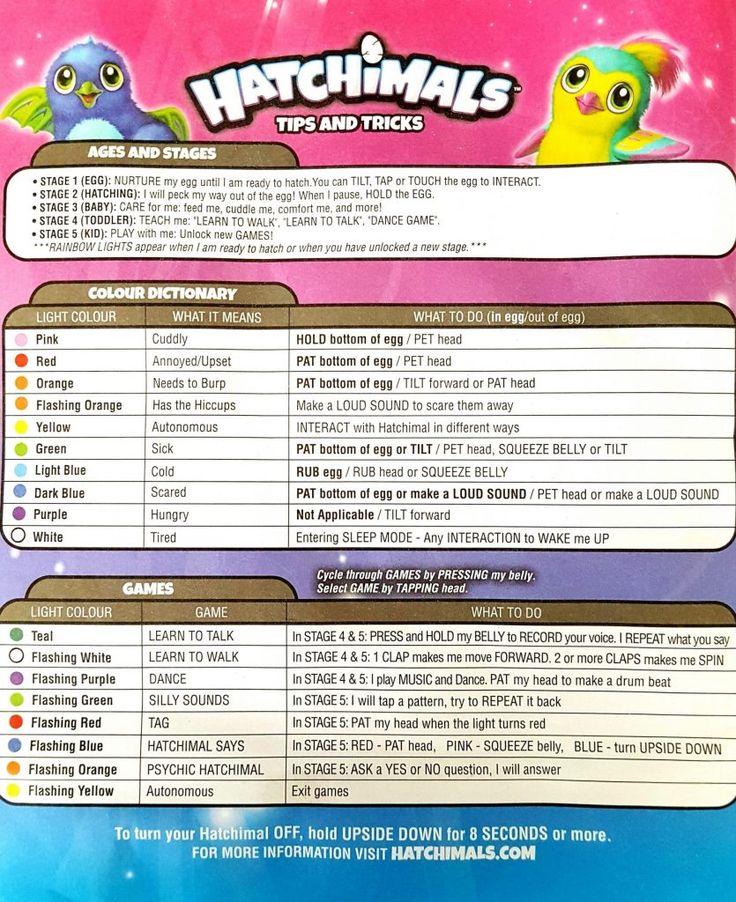 The body of a bird especially needs vitamins A and D.
The body of a bird especially needs vitamins A and D.
Throughout life, a container with minerals is placed separately in the room where the feeders are located. Crushed shell, fine gravel and sand should always be freely available to birds.
Fattening in the absence of a reservoir
Thinking about how to feed ducklings in the first days of life, you need to analyze what conditions you can provide them with. Since the bird is a waterfowl, it is better to give it the opportunity to splash in the pond. But such an opportunity is not always available. This does not mean that poultry breeding should be abandoned. You can grow ducks away from water, you just need to make adjustments to the diet.
- Ducklings need to drink, so clean water must be available at all times in the paddock and barn. If you don't give your waterfowl enough to drink, it won't produce meat gains. And the lack of water in the first days of life can cause the death of chicks.
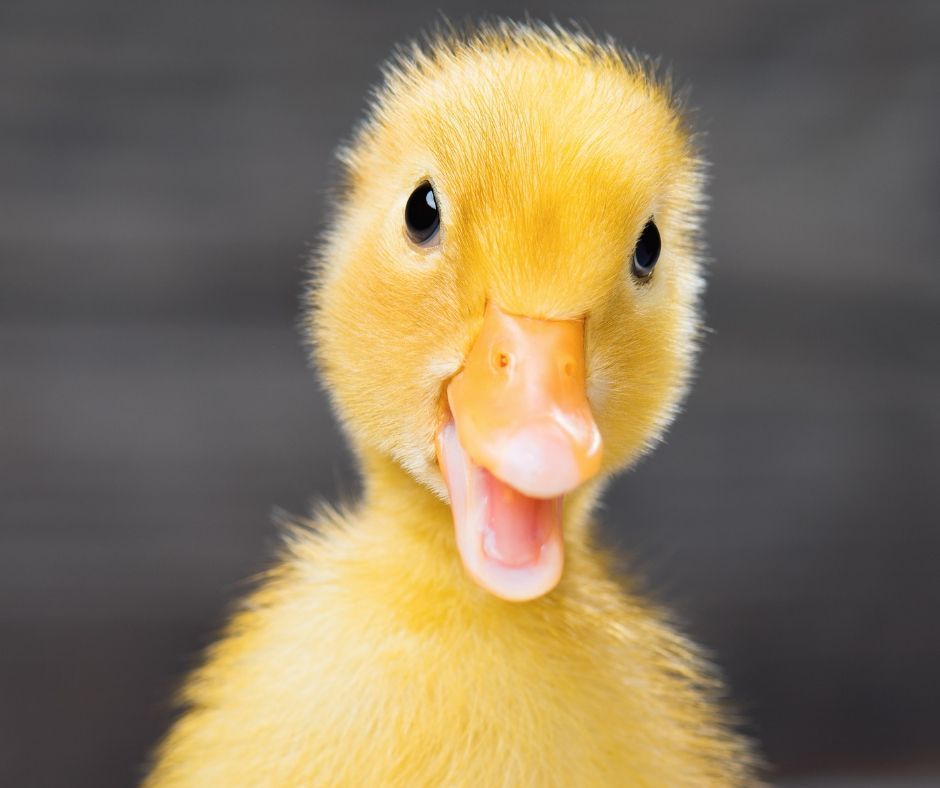
- Since little ducklings have no opportunity to get duckweed and other aquatic plants in the absence of walking in the pond, they must be added to the mash. Before adding to the mixers, all aquatic plants that can be purchased in specialized stores are crushed. The only exception is duckweed, which does not need to be crushed.
- Particular attention should be paid to the characteristics of the waterfowl variety. If ducks that are intended for breeding near water bodies, but there are breeds that live quite calmly and away from them. If there is no reservoir near the farm, the choice should be stopped on those varieties that do not need it.
All other recommendations regarding the care and feeding of ducklings are no different from those described above. Mineral supplements in this case can be given a little more.
Fattening near a pond
Ducklings should be released to the pond no earlier than 45 days after birth. Therefore, we have already given the answer to the question regarding how to feed little ducklings in the first days of life.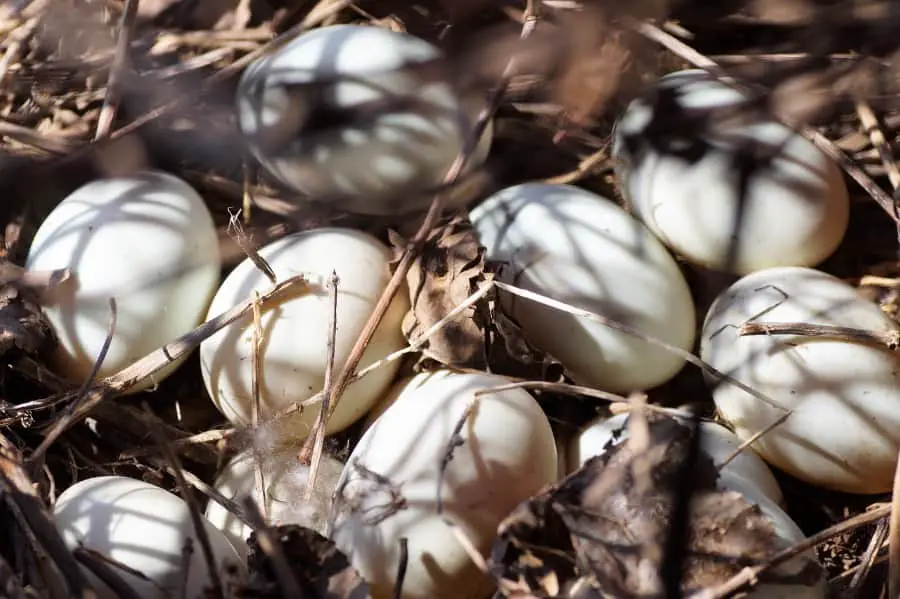 As soon as the ducklings begin to enter the water, the amount of feed can be reduced, as they will begin to feed on aquatic plants and living creatures that live in the reservoir. But, the quality of food remains the same.
As soon as the ducklings begin to enter the water, the amount of feed can be reduced, as they will begin to feed on aquatic plants and living creatures that live in the reservoir. But, the quality of food remains the same.
The basis of the diet is mash prepared on the basis of purchased or prepared by one's own feed, bread soaked in water, grass. Do not forget to give crushed root crops, mineral and vitamin supplements.
It is worth mentioning the care and conditions of keeping ducks near the reservoir. If there is a reservoir near the site, then we build an aviary along its shore. It is imperative to build an aviary, and dig out the ground in front of the fence, thus organizing the drainage of water.
This is important
Despite the fact that in the first days yellowmouths are not particularly willing to take on food, they should try to get them to eat at least a small amount of chopped eggs. This does not mean at all that it is worth forcibly giving food. In a playful way, you can try to lure ducklings with food. If a large number of chicks have hatched and one person cannot cope with feeding and caring for them, then at least one more person should be enlisted to help. If, despite all efforts, the little chicks refuse to eat, they are fed from a pipette with yolk mixed with milk. But it is better that one person follows the ducklings, whom they would not be afraid of.
This does not mean at all that it is worth forcibly giving food. In a playful way, you can try to lure ducklings with food. If a large number of chicks have hatched and one person cannot cope with feeding and caring for them, then at least one more person should be enlisted to help. If, despite all efforts, the little chicks refuse to eat, they are fed from a pipette with yolk mixed with milk. But it is better that one person follows the ducklings, whom they would not be afraid of.
Ducklings need to be taught not only to eat, but also to drink. On the first day, you can water the wards with a pipette. In the second, you need to pour water into a bowl and dip the beak of a small duck into it. This action should be performed very carefully so as not to scare the chick.
Regardless of age, duck needs mineral supplements. They give pets crushed chalk, fodder yeast, meat and bone and fish meal, fish oil, table salt, shell rock. If we talk about the amount of mineral supplements, then at the age of 1 to 10 days, the chicks should receive 1 g of fish and meat and bone meal, 3 mg of fish oil.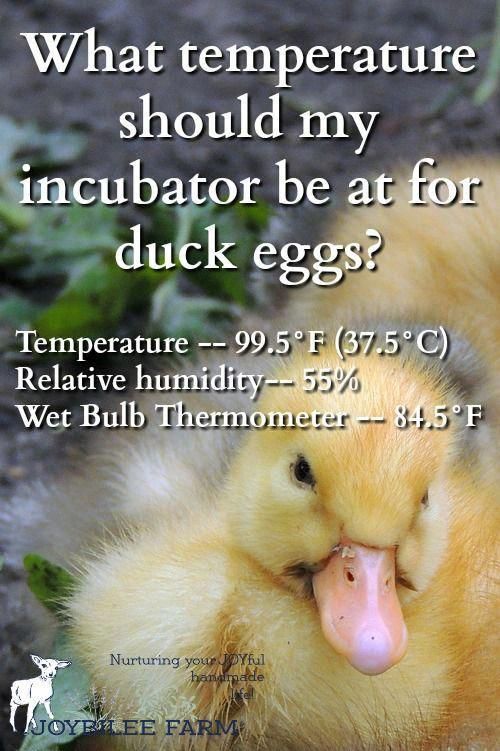 At the age of 11-30 days, ducklings are given 5 mg of table salt, 1 g of fish oil and shells, 4 g of fodder yeast, 6 g of meat and bone meal and 9g fishmeal. From the 31st to the 50th day, 1 g of table salt, 5 g of meat and bone meal and shells or chalk, 6 g of fodder yeast, 12 g of fish meal are added to the diet of ducklings. All calculations are for 1 individual.
At the age of 11-30 days, ducklings are given 5 mg of table salt, 1 g of fish oil and shells, 4 g of fodder yeast, 6 g of meat and bone meal and 9g fishmeal. From the 31st to the 50th day, 1 g of table salt, 5 g of meat and bone meal and shells or chalk, 6 g of fodder yeast, 12 g of fish meal are added to the diet of ducklings. All calculations are for 1 individual.
Do-it-yourself compound feed
There are compound feed for newborn ducklings, which is suitable for feeding ducks in the first week of life, food for feeding two-week-old ducklings and food for feeding ducks over 1 month old. You also need to understand that the diet of meat ducks and layers should be different. However, the basic composition, which is called the starter feed, remains unchanged.
Any food is easy to prepare at home. This task is within the power of even beginner poultry farmers. And proper nutrition is a guarantee of rapid growth of the bird.
Starter compound feed
The starter compound feed contains grain crops, previously crushed to the state of flour, sunflower cake, succulent feed, animal feed. In the form of juicy food, any fruits and vegetables that are available can act. As for animal feed, their percentage in the feed for egg varieties should not exceed 10%, for meat varieties - 20%. Let us consider in more detail which components in what proportions are included in the feed for ducks of different ages.
In the form of juicy food, any fruits and vegetables that are available can act. As for animal feed, their percentage in the feed for egg varieties should not exceed 10%, for meat varieties - 20%. Let us consider in more detail which components in what proportions are included in the feed for ducks of different ages.
Compound feed for newborns
Growing ducklings, especially in the first week of life, is a painstaking and time-consuming process. To prepare compound feed, you will need a boiled egg, pre-boiled potatoes and chopped greens. Potatoes and eggs, which form the basis of the feed, are taken in equal quantities. Greens are added at your discretion.
Animal feed (cottage cheese, milk) is added from the fourth day. They also enrich the feed with mineral additives (shell, fodder yeast, chalk). The recommended amount of mineral supplements per duck is indicated above.
Compound feed for two-week-old ducklings
Despite such an early age, the body of ducks is already practically formed during this period, therefore, at this stage of cultivation, it is necessary to provide the birds with the maximum amount of essential vitamins and microelements.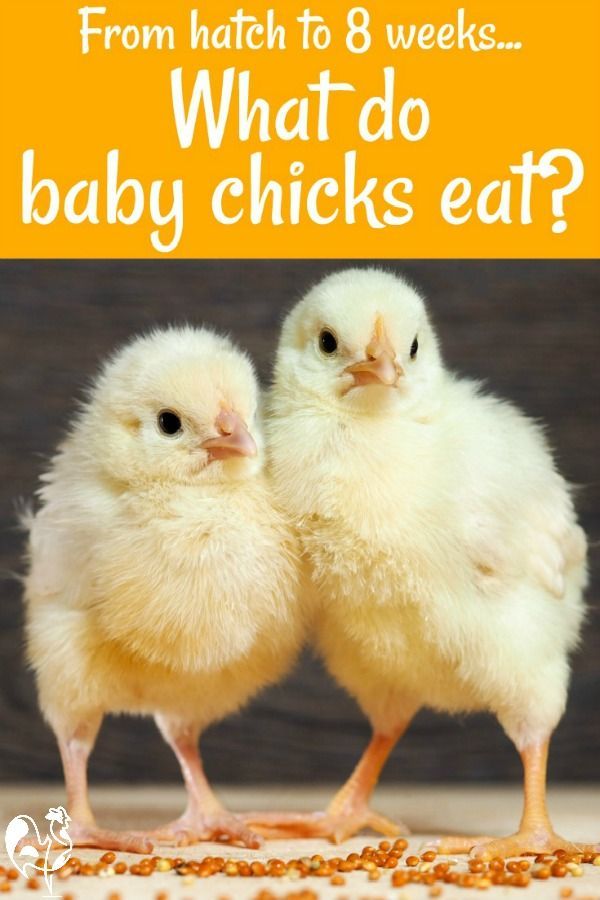 Compound feed for two-week-old ducks should consist of corn and wheat flour (50%), sunflower meal (20%), fodder yeast (5%), fishmeal (9%), dry skim milk (3%). The remaining 10% is chalk and shell, succulent food.
Compound feed for two-week-old ducks should consist of corn and wheat flour (50%), sunflower meal (20%), fodder yeast (5%), fishmeal (9%), dry skim milk (3%). The remaining 10% is chalk and shell, succulent food.
This food is suitable for ducks aged 14-30 days.
Feed for one month old ducks
Raising and keeping one month old ducklings is all about making the bird gain weight. Accordingly, the composition of the feed changes. It is necessary to include components for the growth of the duckling, which, at the same time, do not contribute to the formation of adipose tissue. The composition of feed for monthly ducklings, prepared at home, is crushed corn (45%), crushed wheat grains (13%), sunflower meal (17%), crushed barley (8%), fodder yeast (5%), fish and meat and bone meal (4% and 3% respectively), chalk and grass (1% each).
In order for ducklings to grow equally well both in winter and in summer, dried fruits are added to the mash in winter. You don't have to do this every day.